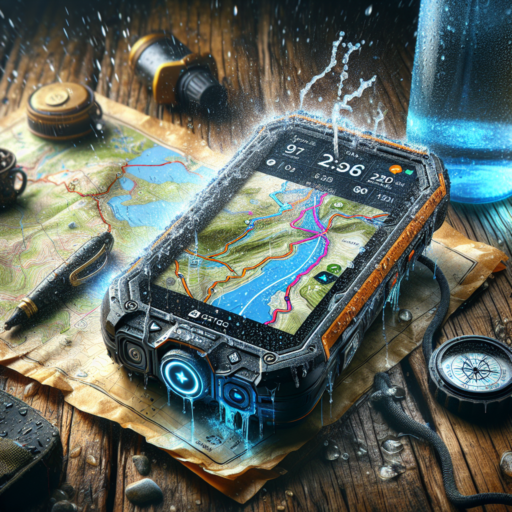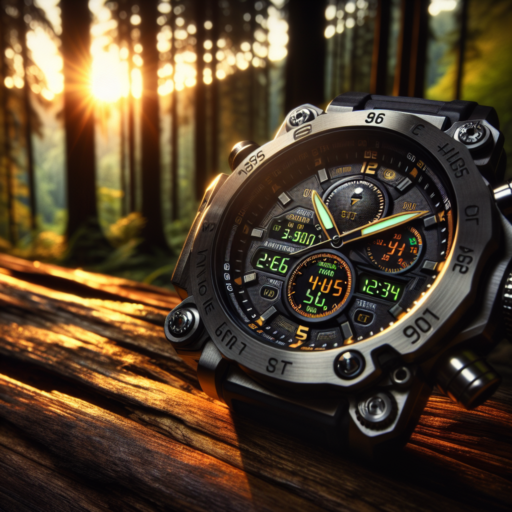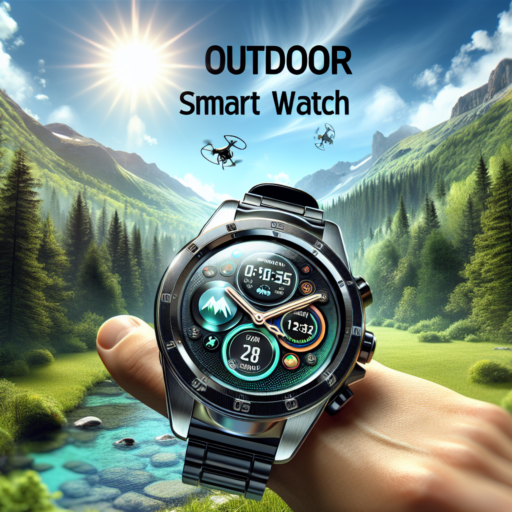Is there a waterproof GPS?
In today’s rapidly advancing tech world, the demand for durable and versatile gadgets has led to significant innovations, especially in the realm of navigation devices. The question of whether there is a waterproof GPS is a common one among outdoor enthusiasts, sailors, and anyone who needs reliable navigation tools in wet conditions. The simple answer is, yes, there are waterproof GPS devices designed to withstand not just water exposure but also to offer robust functionality under various demanding environments.
Waterproof GPS devices come in several forms, catering to different needs and applications. For instance, handheld GPS units for hiking, marine GPS systems for sailing, and even wearable GPS watches for swimming and triathlon training are all designed with water resistance in mind. These devices are typically rated by their level of water resistance, often denoted by an IPX (Ingress Protection) rating, which indicates the degree to which a device is protected from water and dust.
Manufacturers have been keen to address the waterproofing aspect, integrating high-tech materials and sealants to protect the delicate electronic internals of GPS devices. This ensures that they not only survive dips or splashes but can also sometimes be submerged to certain depths without affecting their performance. The advent of such technology has revolutionized how adventurers and professionals navigate, providing peace of mind no matter the weather conditions or environment.
Is there any underwater GPS?
The concept of underwater GPS often sounds like something straight out of a science fiction novel. With the majority of the Earth’s surface covered by water, the question of navigation beneath the waves has intrigued humans for centuries. Technology has evolved significantly, and advancements have brought us closer to the realm of precise underwater navigation. This exploration into the existence and functionality of underwater GPS systems sheds light on how we are overcoming the challenges of underwater navigation.
Traditional GPS systems rely on signals from satellites orbiting the Earth, which are easily accessible in open air but do not penetrate deep into bodies of water. This limitation prompted the development of alternative technologies specific to the underwater environment. Among these technologies, underwater acoustics have emerged as the most promising means for providing positioning and navigation solutions beneath the surface. Systems utilizing this technology do not function exactly like the GPS systems used on land but offer a fascinating approach to «underwater GPS».
Different methods and technologies have been established to facilitate underwater GPS systems. These include the deployment of sonar buoys, acoustic positioning, and the use of inertial navigation systems that, when combined, can approximate a Global Positioning System for underwater use. While these systems mark significant progress, they are complex and involve a combination of multiple technologies to achieve accurate positioning and navigation underwater.
No se han encontrado productos.
Does GPS work in water?
Many might wonder: Does GPS work in water? The simple answer is, yes, GPS does work in water, but there are nuances to its functionality and accuracy that merit a closer examination. Essentially, the Global Positioning System (GPS) utilizes a network of satellites orbiting the Earth to provide location data. This system is designed to work in a multitude of environments, including on water surfaces.
GPS Signal Penetration in Water
While GPS signals can penetrate through light materials and even glass, their interaction with water is significantly different. Water bodies, whether they are oceans, lakes, or rivers, tend to absorb GPS signals rather than allowing them to pass through. Therefore, for a device to receive GPS signals, it must be above the water’s surface. This limitation is crucial for mariners and aquatic adventurers to understand when relying on GPS for navigation.
Applications of GPS in Aquatic Environments
GPS technology has become indispensable in marine navigation. Devices designed for aquatic use often include waterproofing features and are built to float, ensuring they remain at the surface where they can receive satellite signals. These specialized GPS units provide valuable data for navigation, fishing hotspots, and tracking water currents, demonstrating the versatile applications of GPS in water.
In summary, while GPS satellites broadcast signals capable of reaching the Earth’s surface across various terrains, including over water bodies, the actual reception and effectiveness of these signals in aquatic environments depend on the nature of the device and its positioning relative to the water’s surface. Understanding this can significantly enhance the experience of GPS users in aquatic settings.
Can a GPS tracker get wet?
When considering using a GPS tracker in outdoor environments, a common question arises: Can a GPS tracker get wet? This concern is particularly relevant for those who engage in water-based activities or need to track items or individuals in variable weather conditions. The resistance of a GPS tracker to water depends heavily on its design and the specific ratings it carries for water and dust resistance.
Manufacturers typically employ an Ingress Protection (IP) rating system to denote the level of sealing effectiveness of their devices against intrusion from foreign bodies and moisture. For instance, a GPS tracker with an IP67 rating is considered fully protected against dust and capable of withstanding immersion in water up to a depth of 1 meter for approximately 30 minutes. Knowing the IP rating of your GPS tracker is crucial to understanding its capacity to handle getting wet.
It’s also worth mentioning that the type of water exposure can impact the effectiveness and longevity of a GPS tracker. Factors such as the depth of submersion, the duration of exposure to water, and the water’s salinity levels can influence how a device is affected by moisture. Devices that are frequently exposed to water, especially salt water, may require more frequent maintenance and care to ensure ongoing functionality.




